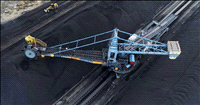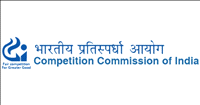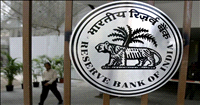Bullet train project fails to boost Modi’s 'Make in India': report
18 Jan 2018
Japanese steel and engineering companies are expected to take a majority share of the supply contracts for the much-talked about Mumbai-Ahmedabad Bullet train project, sidelining Prime Minister Narendra Modi's push for 'Make In India'.
According to a Reuters report, Japanese firms such as Nippon Steel will corner major supply contracts for the $17 billion Indian bullet train, with little room left for Indian suppliers.
While the Indian government has been keen to include more local suppliers for the Japanese-funded Mumbai-Ahmedabad bullet train project, the Reuters report said the Japanese side has raised concerns primarily about the quality of work at least in the case of Jindal Steel and Steel Authority of India (SAIL).
The high-speed rail project will benefit Japanese firms such as Nippon Steel and Sumitomo Metal Corp, Japan's biggest steelmaker, and firms like JFE Holdings, Kawasaki Heavy Industries, Mitsubishi Heavy Industries, Toshiba Corp and Hitachi.
On the Indian side, according to the Reuters report, firms such as UltraTech Cement, Larsen & Toubro, Bharat Heavy Electricals and Ambuja Cement may bid for construction, cement and other such contracts.
The report cites unnamed officials who said that ''their Japanese counterparts had raised questions about efficiency in Indian companies and their ability to meet timelines''.
Since Japan is funding most of the project, Japanese companies are likely to supply at least 70 per cent of the core components of the rail line, the report quoted sources in New Delhi as saying.
Japanese transport ministry official are reported to have evaded answers related to project work, stating merely that the two countries are still working out a strategy for the supply of key components.
A final plan on procurements will be unveiled in July, the report quoted an official as saying.
The Japan-India bullet trail agreement signed in September 2017 had clauses for the promotion of 'Make in India' and 'Transfer of Technology'. However, both are still under negotiation as the Japanese are seeking more projects in India to set up manufacturing facilities in the country and generate jobs in exchange of Japanese technology.
''The Japanese have reservations on certain issues because they have a concern that there is a difference in the culture and systems of Japan from the culture and systems in India,'' said Achal Khare, managing director of National High Speed Rail Corp Ltd (NHSRCL), the agency tasked to execute the bullet train project.
''The work culture is very different,'' he told Reuters.
The report quoted Tomoyuki Nakano, director for international engineering affairs in the railway bureau at Japan's transport ministry as saying that Indian companies had no experience or technologies specialising in high-speed railway systems at present.
However, he said, efforts were continuing to fulfil the 'Make in India' component of the agreement by promoting collaborations between companies from the two countries.






























